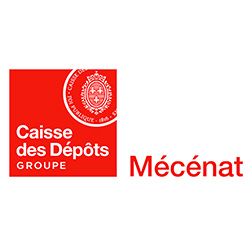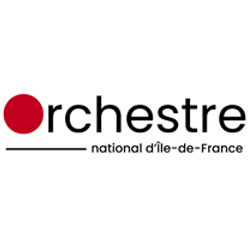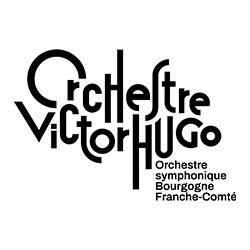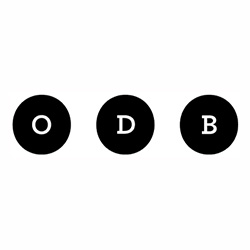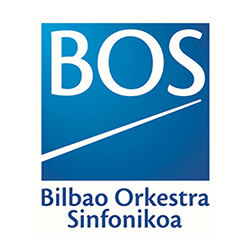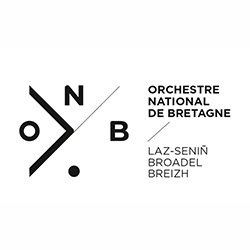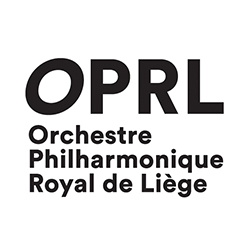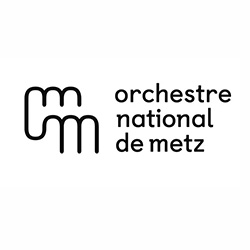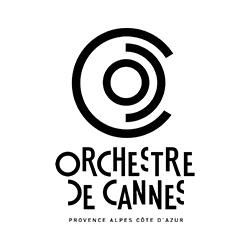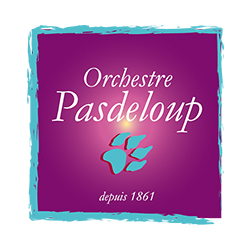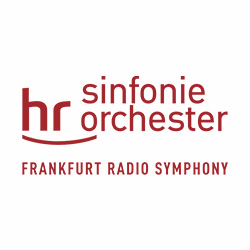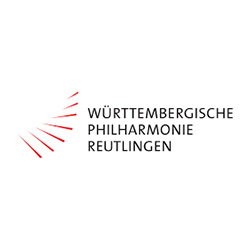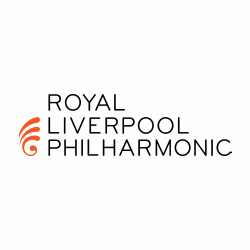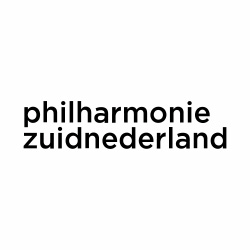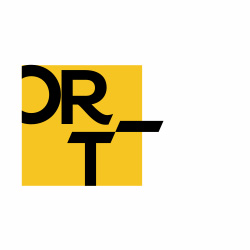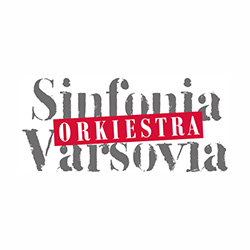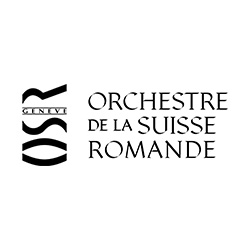Established in 1951 by the Besançon Music Festival, the Besançon International Competition for Young Conductors soon became the most prestigious event of its kind. It took place every year until 1992, and thereafter every two years.
With a repertoire which spans classical, Romantic, 20th century, and contemporary music, as well as oper, concerto, the Besançon Conducting Competition is the most complete competition in the world.
Alexander Gibson, Sergiu Comissiona, Gerd Albrecht, Seiji Ozawa, Michel Plasson, Zdenek Macal, Jiri Kout, Jesus Lopez Cobos, Hubert Soudant, Sylvain Cambreling and Yutaka Sado are among the most prestigious winners of this Conducting Competition.
Visit the page of the 58th edition to discover the stages of the Competition in 2023, as well as the complete rules and regulations.
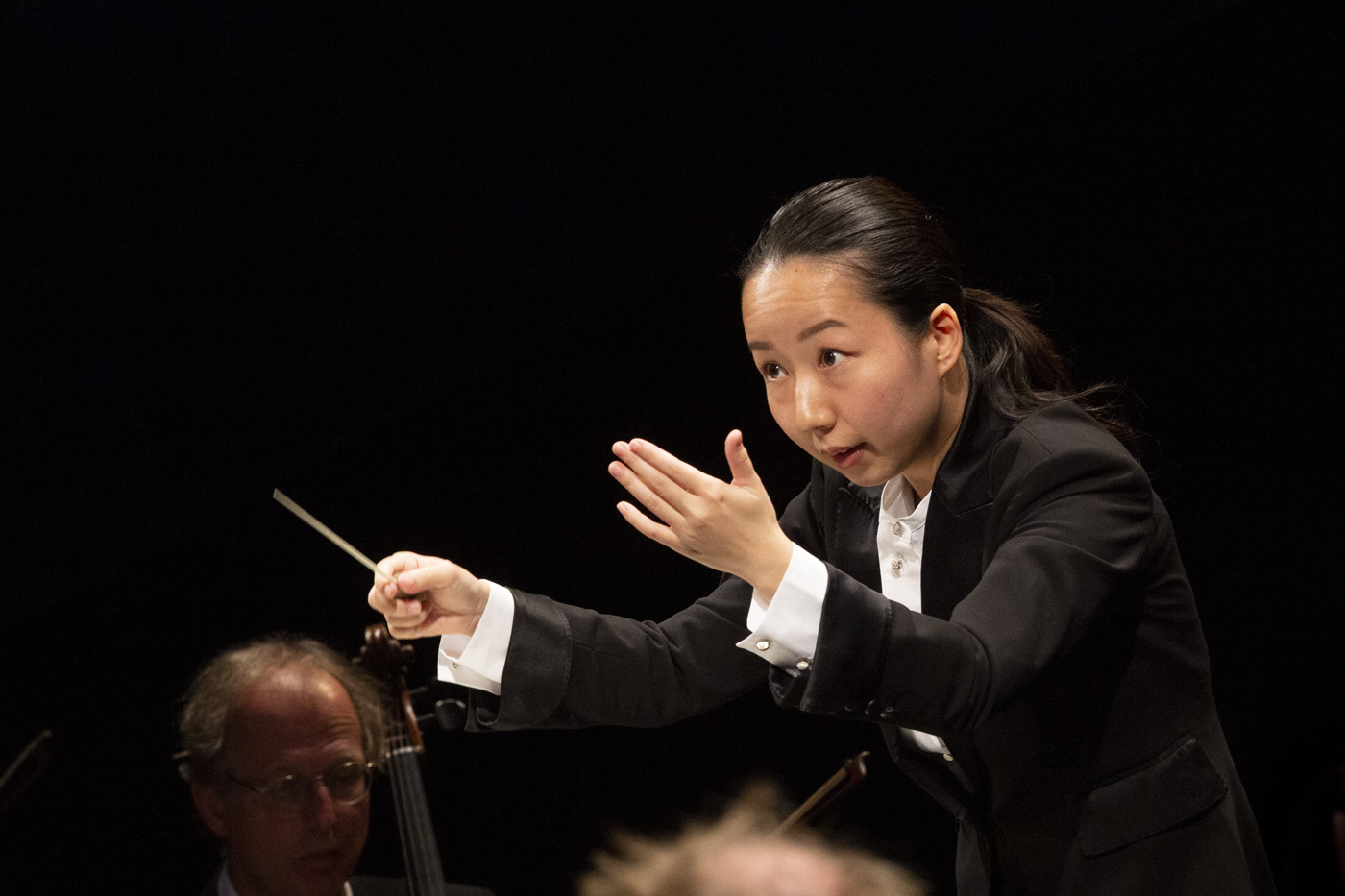
Nodoka Okisawa, laureate of the 2019 Grand Prix © Yves Petit
Specificities of the Besançon Competition
The Besançon Competition is open to all artists under 35 who wish to become professional conductors, whatever their training or their experience ; no previous diploma is required.
The Besançon Competition is the only one where candidates are not selected on their documentation (neither biography nor videos) but during live auditions.
Go to the page of the 58th edition to discover the stages of the Competition in 2023.
The competition opens about 270 places per edition: applications close as soon as the seating limit is reached.
Preliminary rounds
Candidates have to perform during live auditions behind closed doors which take place on three continents: Asia (China), America (Canada) and Europe (Germany and France).
Each candidate is required to conduct symphonic works performed by two pianists on two pianos. They only have a few minutes to convince the two jury members.
final rounds
After the preliminaries only twenty candidates will be entered into the orchestra rounds to be held in September during the Besançon International Music Festival.
All of the rounds with orchestra are open to the public and all works are imposed. The candidates will either be asked to conduct entire pieces or excerpts, or to rehearse the artists under their musical direction, according to their interpretation or at the jury’s request.
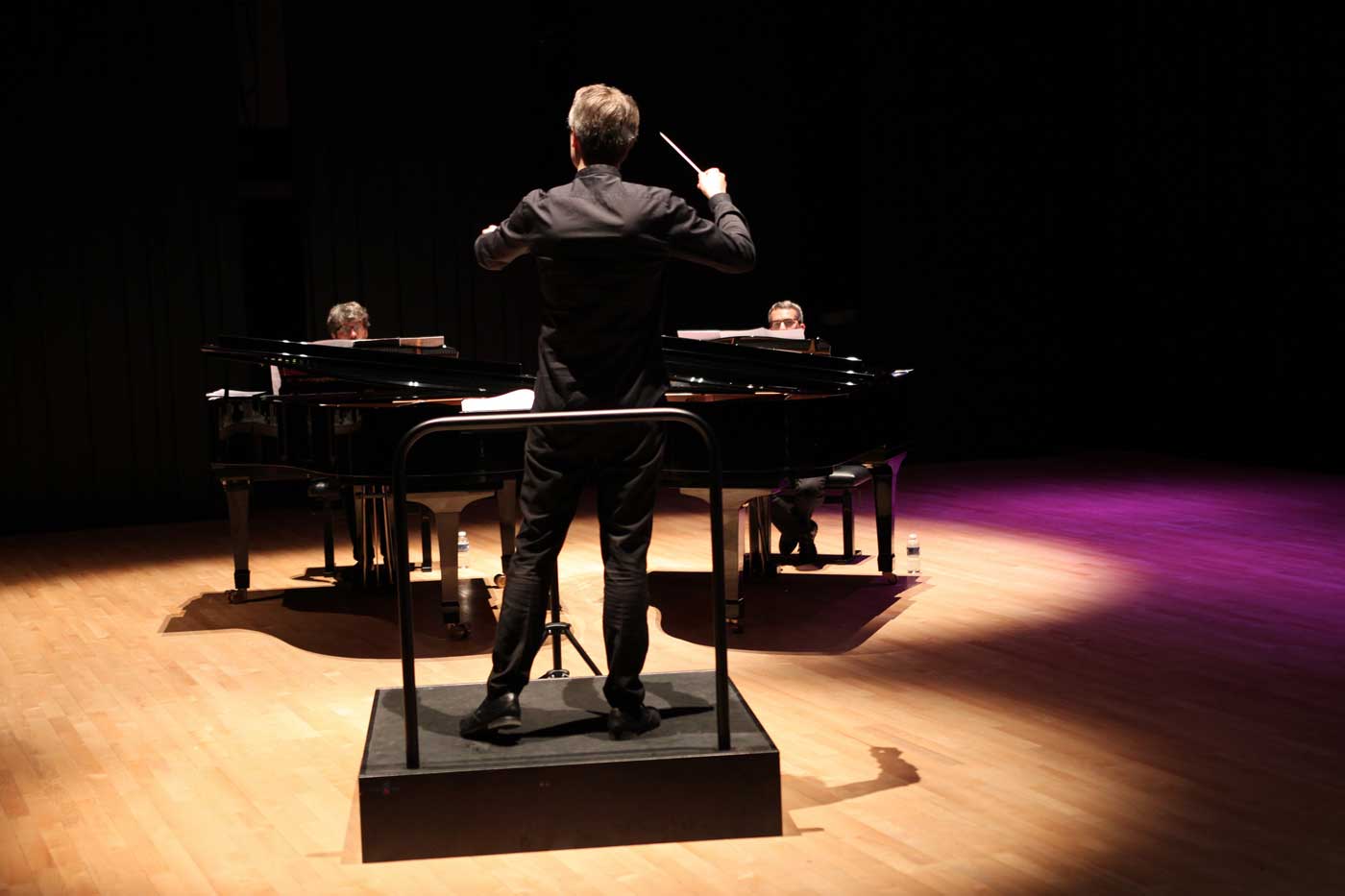
Preliminary rounds
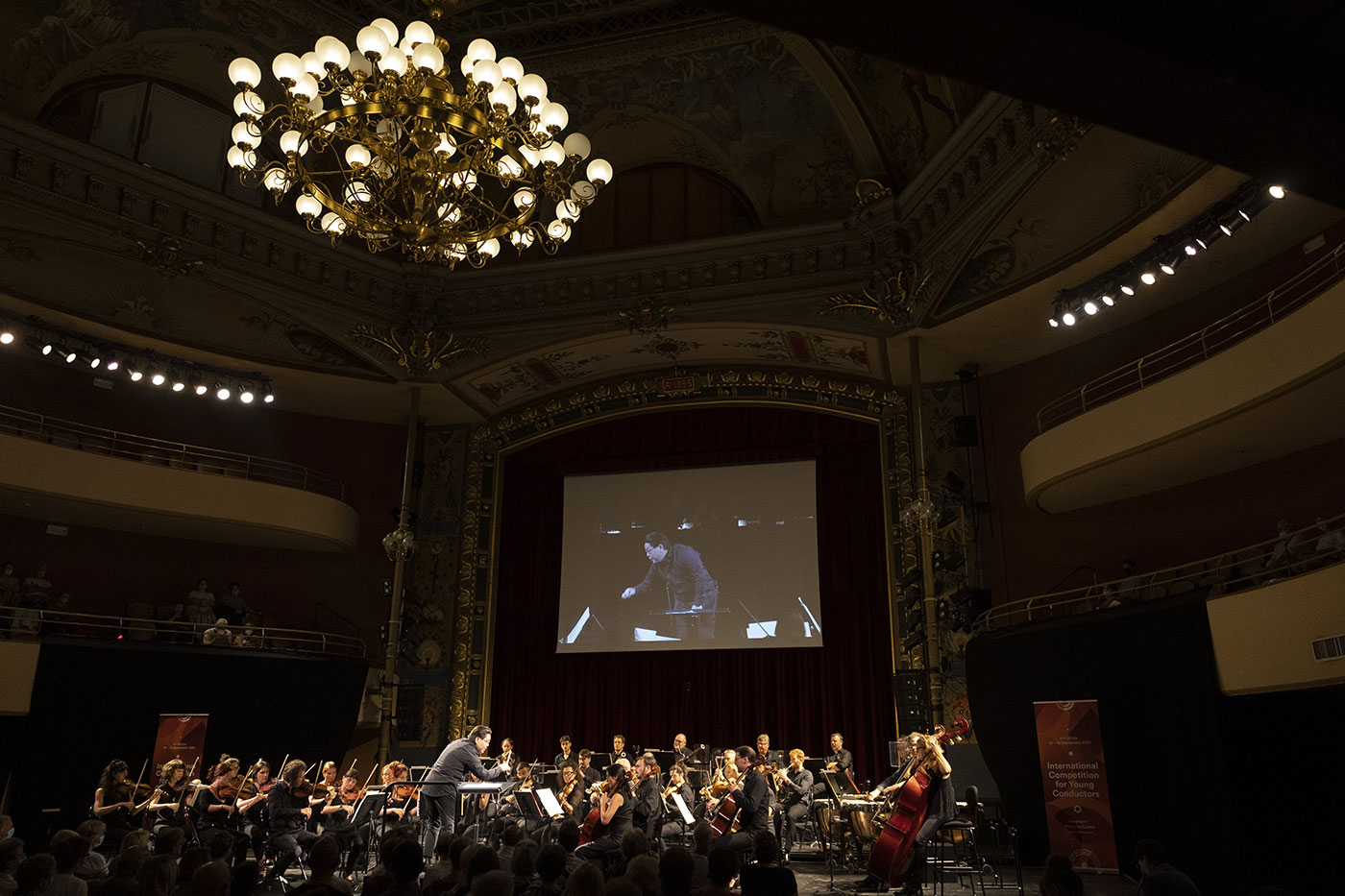
First round in September
The Grand Prix
Grand Prix
It is awarded by the jury, which reserves the right not to award the Grand Prix. It cannot be shared.
The Grand Prix has:
- €12,000
- Advice and coaching : Since 2015, the Competition has offered the winner a three-month period of artistic coaching with Aimée Paret, a specialist in advising and coaching young conductors. The goal is to take the time to take stock with the winner on its strengths and potential weaknesses, establish a career strategy, select an artistic agency and possibly negotiate the contract.
This accompaniment is fundamental for the spotlight of the Grand Prix of Besançon is a career stepping stone. - Professional integration: the laureate may also be offered hires with partner orchestras (see below)
- A prestigious LIP watch (French watchmaking company since 1867)
“Coups de cœur” and mention
The audience attending the Final is called to vote to award the “Coup de cœur du public” (audience’s favorite).
Musicians of the orchestra of the Final are also be called to vote by secret ballot to designate the “Coup de cœur de l’orchestre” (orchestra’s favorite).
The jury can also award a Special Mention endowed with €3,000.
Competition partners
- Ministère de la culture et de la communication / DRAC Franche-Comté
- Ville de Besançon
- Conseil Régional Bourgogne – Franche-Comté
- Conseil Départemental du Doubs
- Conservatoire de musique de Montréal
- Académie de musique Hanns Eisler
- École Normale de musique Alfred Cortot, Paris
- with support of the Caisse des Dépôts, sponsor of the Competition
2023 Partner orchestras





